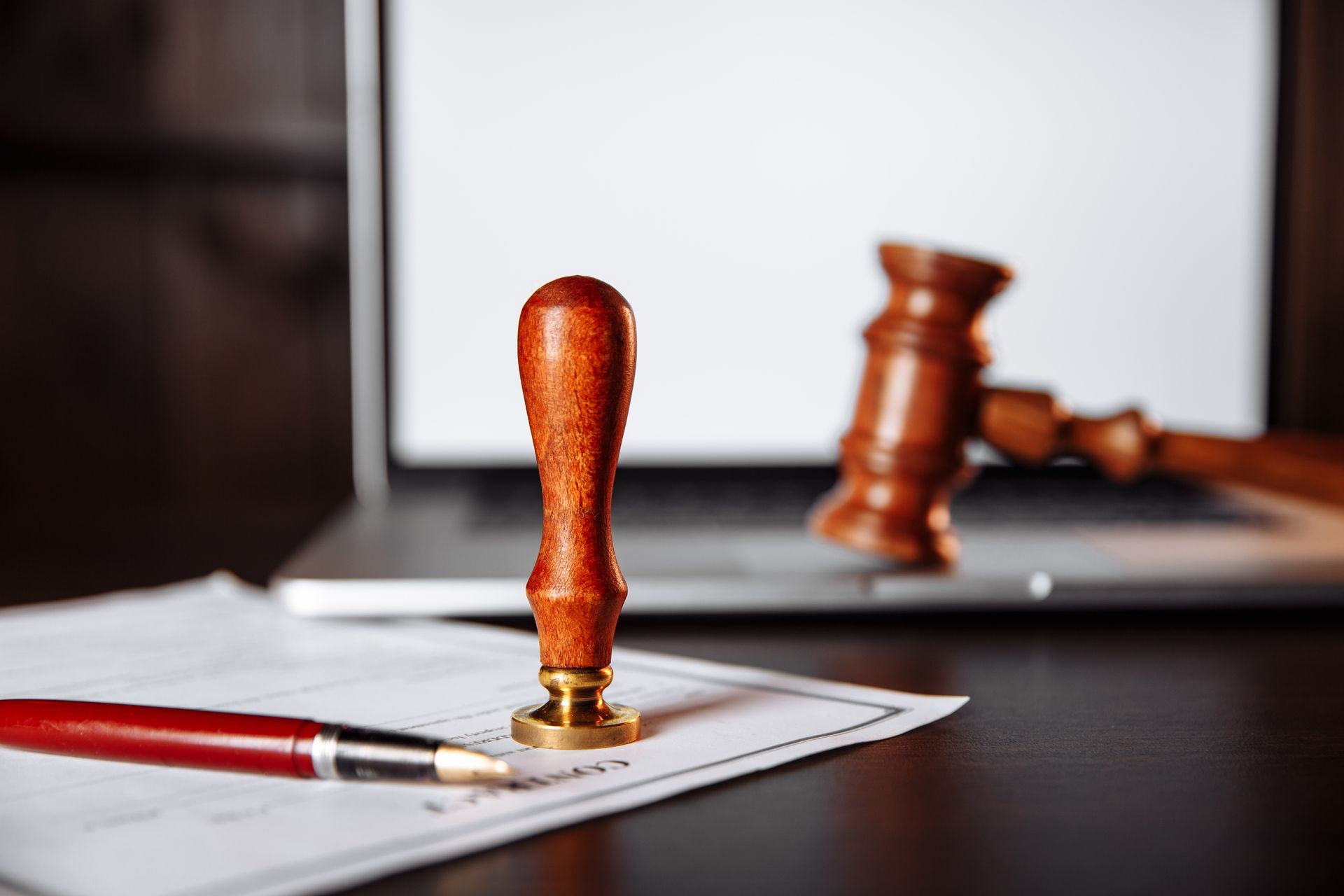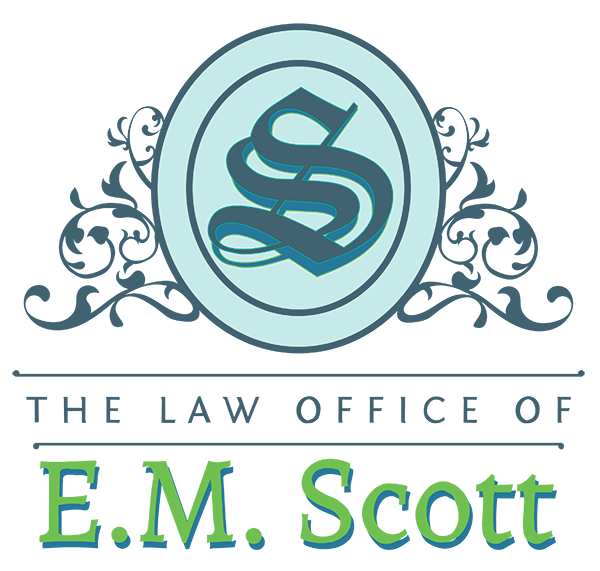Tips for Testifying at your Social Security Disability Hearing
Testifying effectively at your Social Security disability hearing is essential for a successful outcome. This hearing enables you to make your case in front of an Administrative Law Judge (ALJ).
Although it is a relatively informal process, it can be somewhat unsettling if you are unfamiliar with the rules of evidence or other courtroom procedures. Fortunately, our law practice has a wealth of experience helping our clients achieve a successful outcome on their quest for disability benefits. Here are some tips that will help you have a better chance of making your case.
Know the Ground Rules
Social Security disability hearings usually last between 20 minutes and an hour. In addition to the judge, there will be a person there to record the hearing, as well as any medical or other experts that the ALJ needs to clarify issues that are beyond the scope of the judge’s expertise. However, it isn’t open to the public, so you don’t need to feel nervous about having to testify in front of random strangers.
In addition to medical experts, the judge might ask a vocational expert (a VE) to testify about what types of jobs you could perform, given your medical condition. If you have a disability lawyer, they can question the vocational expert if their testimony is inaccurate.
Specifically, you need to prove that you are not able to perform the essential tasks to fill any of the positions that you have held during the last 15 years. You’ll also need to show that you do not have the ability to work at other commonly available positions in your local marketplace.
Having a skilled disability lawyer to argue your case is critical to getting a favorable decision. Your attorney can “connect the dots” to eliminate other work possibilities that the judge might believe you could do – but in reality, you could not perform the tasks.
Unlike other courtroom hearings, the Social Security Administration (SSA) will not have an attorney present to cross-examine you to challenge your evidence. However, the judge might ask you questions if there is any inconsistency in your evidence or testimony.
It’s critical that your testimony is truthful, clear, and brief. Remember that your testimony will be under oath. Say only what you need to say to support your case.
Be Prepared to Supply Evidence That Will Support Your Case
During your interview, the judge will ask you questions about your work experience, educational background, and your age. Of course, the judge will question you about the medical reasons that support your disability claim and how your disability affects your daily life.
If you have retained the services of a disability law firm, your attorney can ask questions to clarify the evidence in your favor. Like in a trial, they can also present a legal argument on behalf of your claim.
Having an experienced disability attorney in your corner during your hearing can be a game-changer. First of all, a hearing can be an intimidating experience without someone there to confidently advocate on your behalf. Secondly, it pays to have an expert in disability law to advise you before and during the hearing so that you can make a convincing case.
Make Sure Your Medical Paperwork Is Up to Date
After you receive the notice of your hearing in the mail, you’ll have between 20 to 30 days to prepare. Use that time to review your medical paperwork. If any evidence is older than two months or so, ask your healthcare provider to update your records and provide the updated documentation to you.
You’ll also need to send those updated records to the judge before the hearing, if possible. The judge will base their medical-related questions on your paperwork. Bring any records that you couldn’t get in on time to the hearing.
Submit a Brief Before the Hearing
A brief is a legal document that outlines the main points of your case. It serves as the basic skeleton of why you believe you should win your case for disability benefits.
Because it’s a legal document that must follow the rules of evidence, you should consult an experienced attorney to prepare it. You must submit it no later than ten days before the hearing, so you need to get legal advice as soon as you receive the notice of your hearing.
Prepare for Your Hearing
You’ll need to prepare for the questions the judge will ask well in advance of your hearing. If you’ve retained the services of a disability lawyer, they will help you with the preparation process.
Your attorney will gather all the evidence and give it a thorough review. If anything is missing, they will help you provide the missing information.
Most importantly, an experienced disability attorney can identify any weak points in your information and prepare additional evidence or arguments to support your contentions.
If you have any witnesses who can testify to your disability, your lawyer will help you identify the best people to support your case. Roommates or co-workers who are familiar with your difficulties in performing work or tasks around your home are usually the best people to attest to your challenges.
Your lawyer will ask your witnesses questions that will demonstrate to the judge that your disability is significant enough to warrant benefits. Your witnesses should also prepare for any questions the judge might ask them about their testimony.
Put Your Best Face Forward
Even though a disability hearing isn’t as formal as a trial, it pays to dress conservatively. A neat, professional appearance will demonstrate to the judge that you are serious.
Arrive early to the proceeding and be respectful when you are speaking. If the judge gives you an instruction, do as they ask.
Never minimize your disability out of pride or embarrassment. The ALJ, the experts involved in your hearing, and your lawyer are all bound to secrecy regarding your testimony.
Know the Odds
With a national allowance rate (the rate of successful applications) of only about 55 percent, it pays to get an experienced disability lawyer with a successful track record to increase your odds of receiving a favorable decision the first time.
Know Your Options
If for some reason, the judge denies your claim, the SSA allows you to appeal – first before a different judge, then before the Social Security Appeals Council, and finally, by a federal court. During the appeals process, it is essential to have experienced legal representation to give you the best chance of success.
If you’re thinking about applying for Social Security disability benefits, our experienced disability law firm can support you throughout the process. Whether it’s filling out your application, preparing for your hearing, or navigating the appeal process, our experienced disability law firm can support you all the way.
Don’t wait to get the process started. Contact us online or call us at 661-762-4397 for an appointment today.










